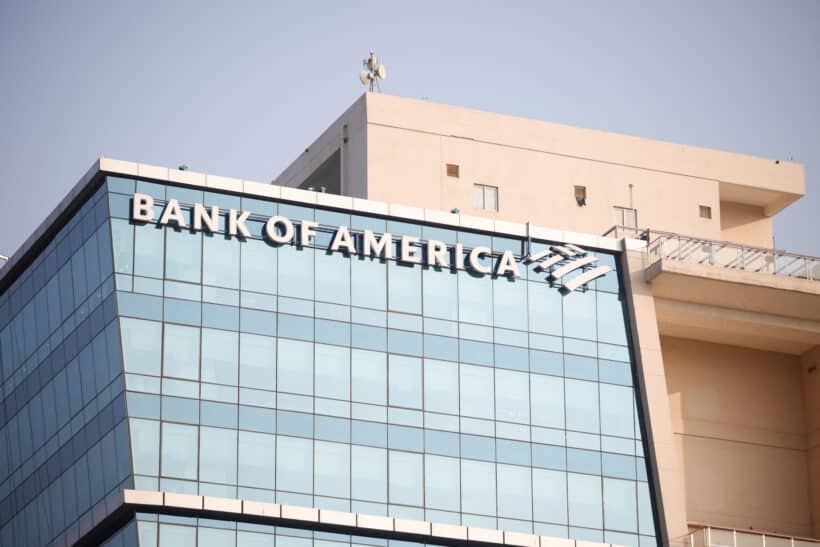
LONDON, Aug 13 (Reuters) – Investors increased their allocations to cash and reduced their overweight position in stocks in August, as expectations for global growth dropped to their lowest in eight months, a BofA survey of fund mangers published Tuesday showed.
According to the survey, 31% of respondents said they were overweight in stocks in August, down from 51% in July, while their average cash level was 4.3% of their assets under management, up from 4.1% a month before.
BofA attributed the shift to weak U.S. payrolls data for July, and the volatility shock associated with the rebound in the Japanese yen.
The S&P 500 is down 3.6% so far this month. It tumbled 2.7% on the day of the payrolls report and a further 2% the following session, after Japan’s Nikkei share index fell by its most in a day since 1987. .SPX
Market players have also pointed to the rebound in the yen and the resulting wind-down of carry trades used by investors to juice their bets, as being behind the sell off.
Shares around the world have been rebounding in recent sessions, however.
BofA said 189 participants with $508 billion of assets under management responded to the survey, and a net 47% of survey respondents expect a weaker global economy in the next 12 months, down 20 percentage points from July.
However, 76% of respondents to the survey said they still expect a “soft landing” for the global economy, referring to a gradual slowdown as opposed to a more dramatic “hard landing” or a “no landing” scenario in which growth does not slow at all.
This conviction “is driven by expectations for lower interest rates,” BofA said, as 93% of respondents expect short-term rates to be lower in 12 months’ time, the highest in the past 24 years.
The survey found 60% of respondents expect four or more rate cuts from the U.S. Federal Reserve over the next 12 months.
Allocation to Japanese equities saw the largest one-month drop since April 16. Investors moved from a net 7% overweight in July to a net 9% underweight in August, the first net underweight since July 2023.
(Reporting by Alun John; editing by Dhara Ranasinghe and Sharon Singleton)

